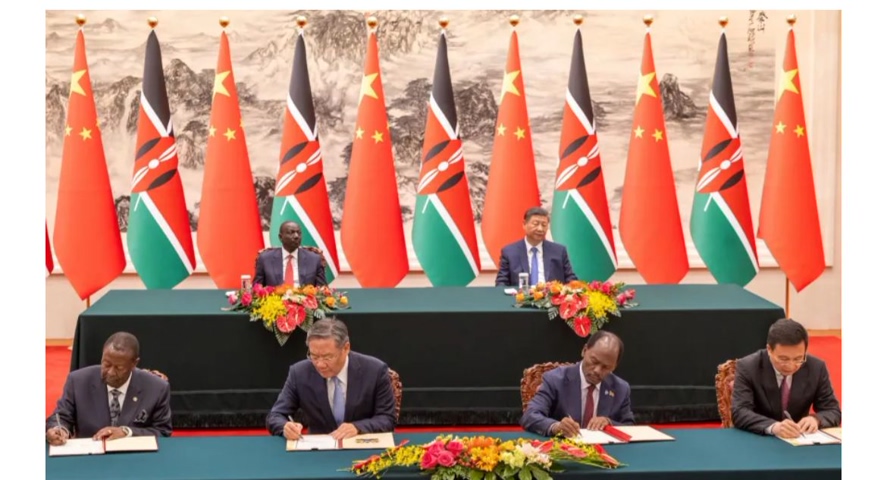Jamii Telecommunications Sues Starlink Over Alleged Unfair Pricing In Kenya
By Lisbeth Micheni,Kenya
Jamii Telecommunications Limited (JTL) has taken legal action against Starlink, accusing the global satellite internet provider of engaging in unfair pricing practices in Kenya.
JTL claims that Starlink’s low-cost internet packages are designed to undercut local competitors, threatening the stability of Kenya’s telecom market.
In a statement to the press, JTL’s Chief Executive Officer, Samuel Kariuki, expressed the company’s concerns.
“While we welcome competition in the telecommunications industry, it must be conducted on a level playing field. Starlink’s pricing strategy is not only unsustainable but also harmful to local businesses that have invested heavily in infrastructure,” Kariuki said.
The lawsuit, filed in the High Court of Kenya, seeks an injunction against Starlink to revise its pricing model. JTL has also urged the Communications Authority of Kenya (CAK) to intervene, citing the need to maintain a fair and competitive market.
According to documents submitted to the court, JTL argues that Starlink’s packages, which offer high-speed satellite internet at prices as low as KSh 2,000 per month, are “unreasonably cheap” compared to local offerings. The company contends that such pricing does not reflect the true cost of deploying and maintaining the technology and is aimed at driving local providers out of business.
Responding to the allegations, Starlink Kenya issued a brief statement defending its business model.
“Starlink is committed to providing affordable, reliable, and innovative internet solutions to bridge the digital divide in Kenya. We operate in compliance with all local regulations,” the company stated.
Industry experts have weighed in on the matter, with some supporting JTL’s position. Technology analyst Paul Mungai noted, “This lawsuit highlights the tension between innovation and market stability. While affordable internet is a win for consumers, there is a risk of monopolization if local providers cannot compete.”
The case is expected to spark broader conversations about regulation in the rapidly evolving telecommunications sector. The court has set a preliminary hearing for next month.
Meanwhile, consumer groups have expressed mixed reactions. Some have lauded Starlink’s affordable internet as a game-changer for underserved areas, while others question the long-term impact on local businesses and employment.
As the legal battle unfolds, all eyes remain on the Communications Authority of Kenya, which is expected to play a pivotal role in determining the future of Kenya’s digital economy.
categories
recent posts

NIGERIA: ‘Coming Political Battle Not APC Versus PDP, Or LP Versus APC’ – Atiku

Praises And Panic: APC Sees PDP Chairman’s Endorsement Of Gov Mutfwang As Cry For Relevance

NIGERIA: Akpabio Leads Nigerian Delegation To Vatican For Pope Francis’ Funeral

Kenya Secures Major Economic And Infrastructure Deals During Ruto’s State Visit To China

